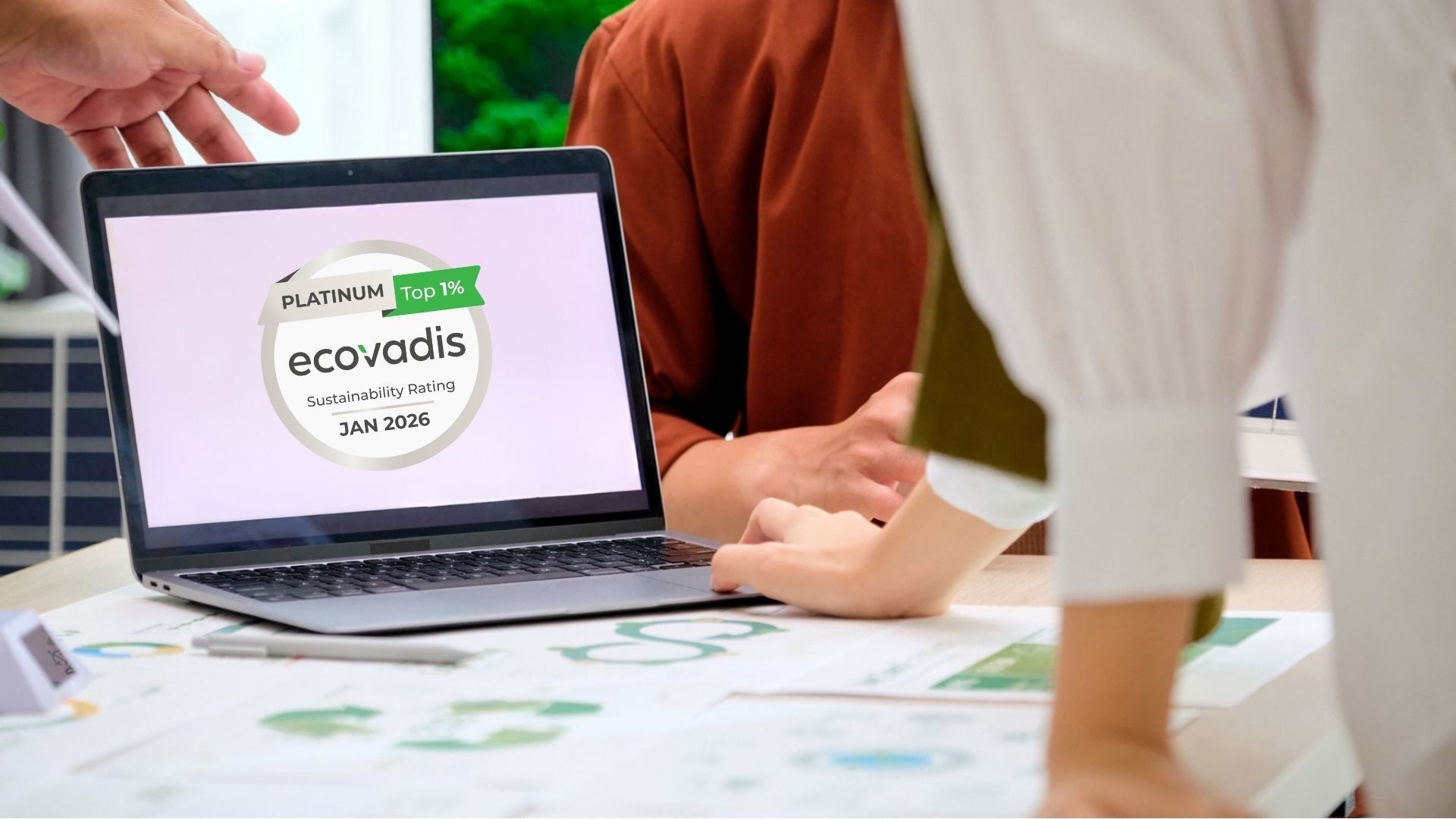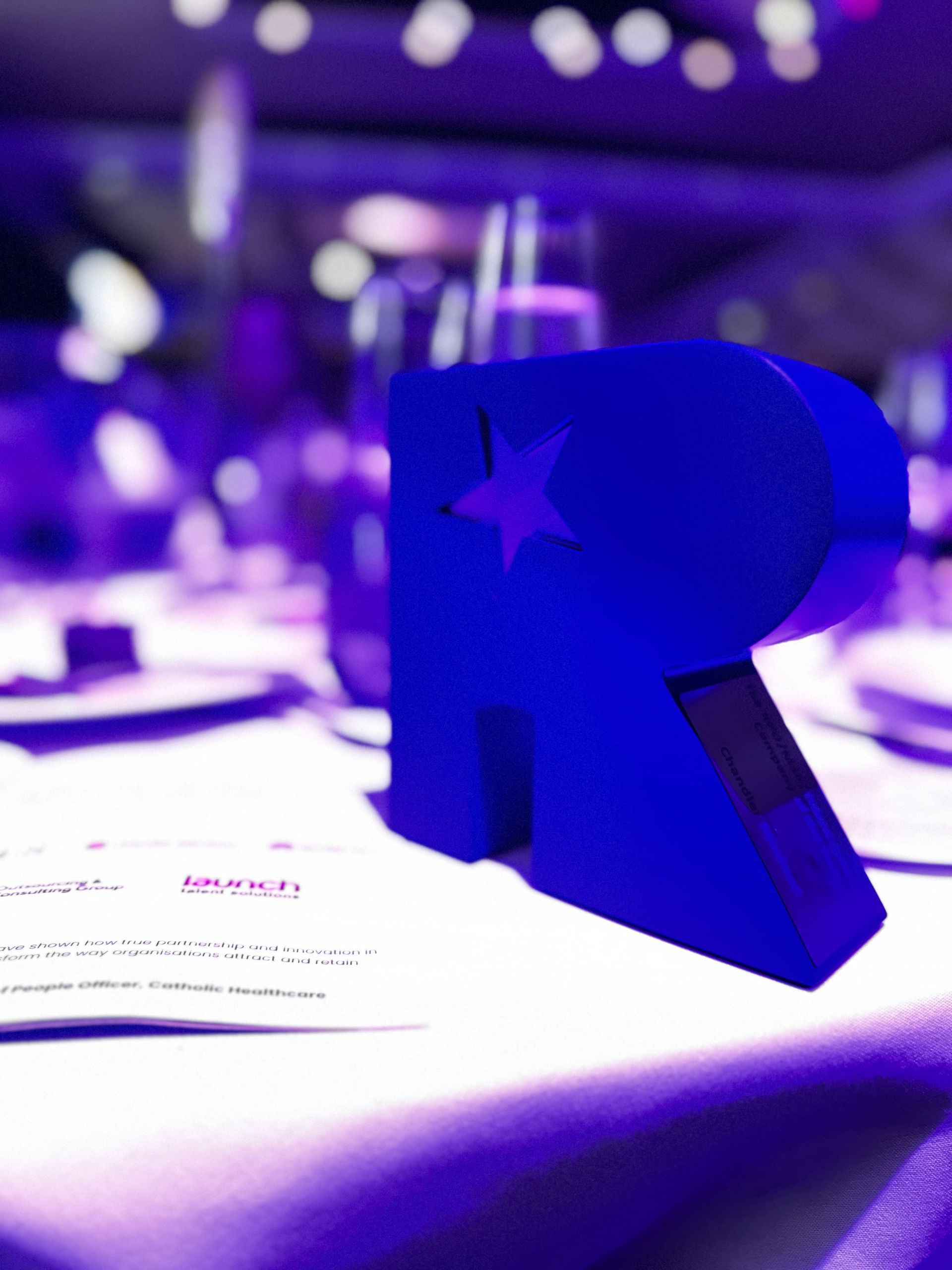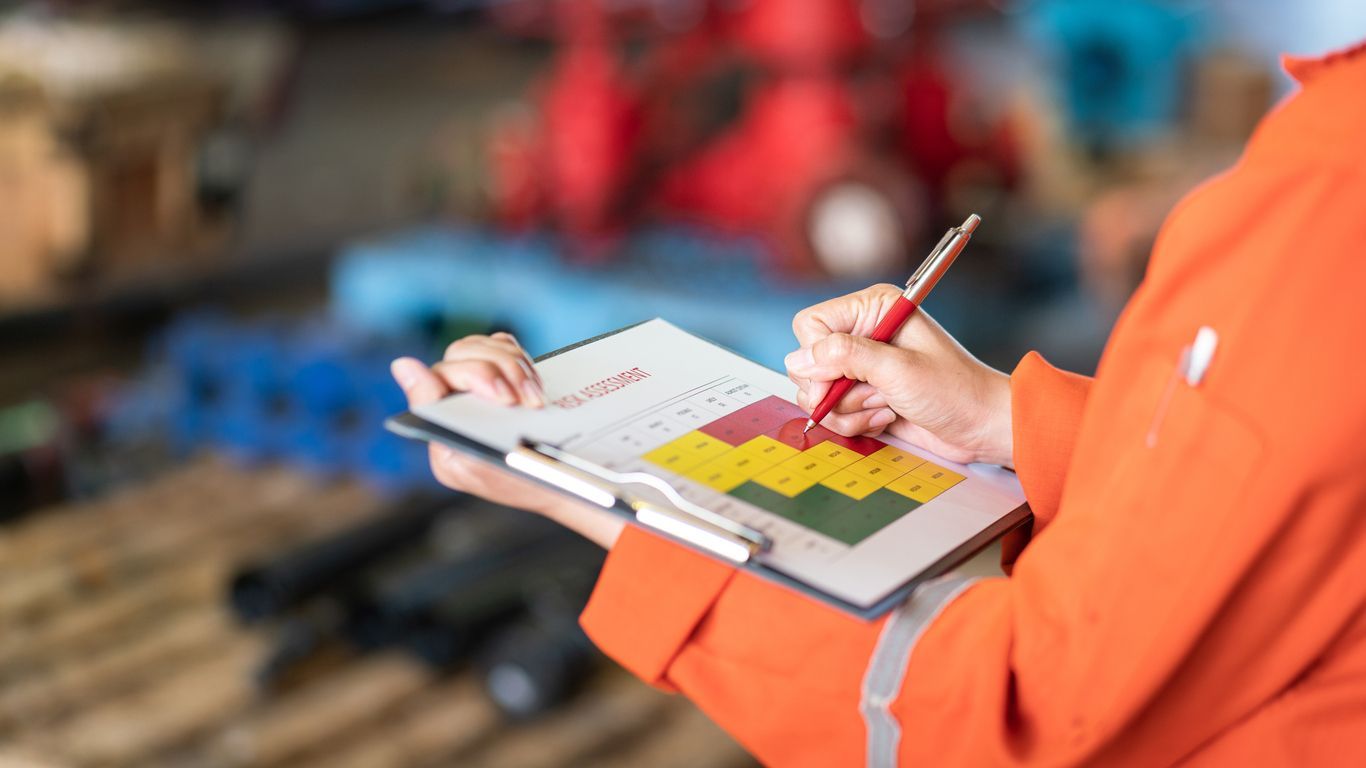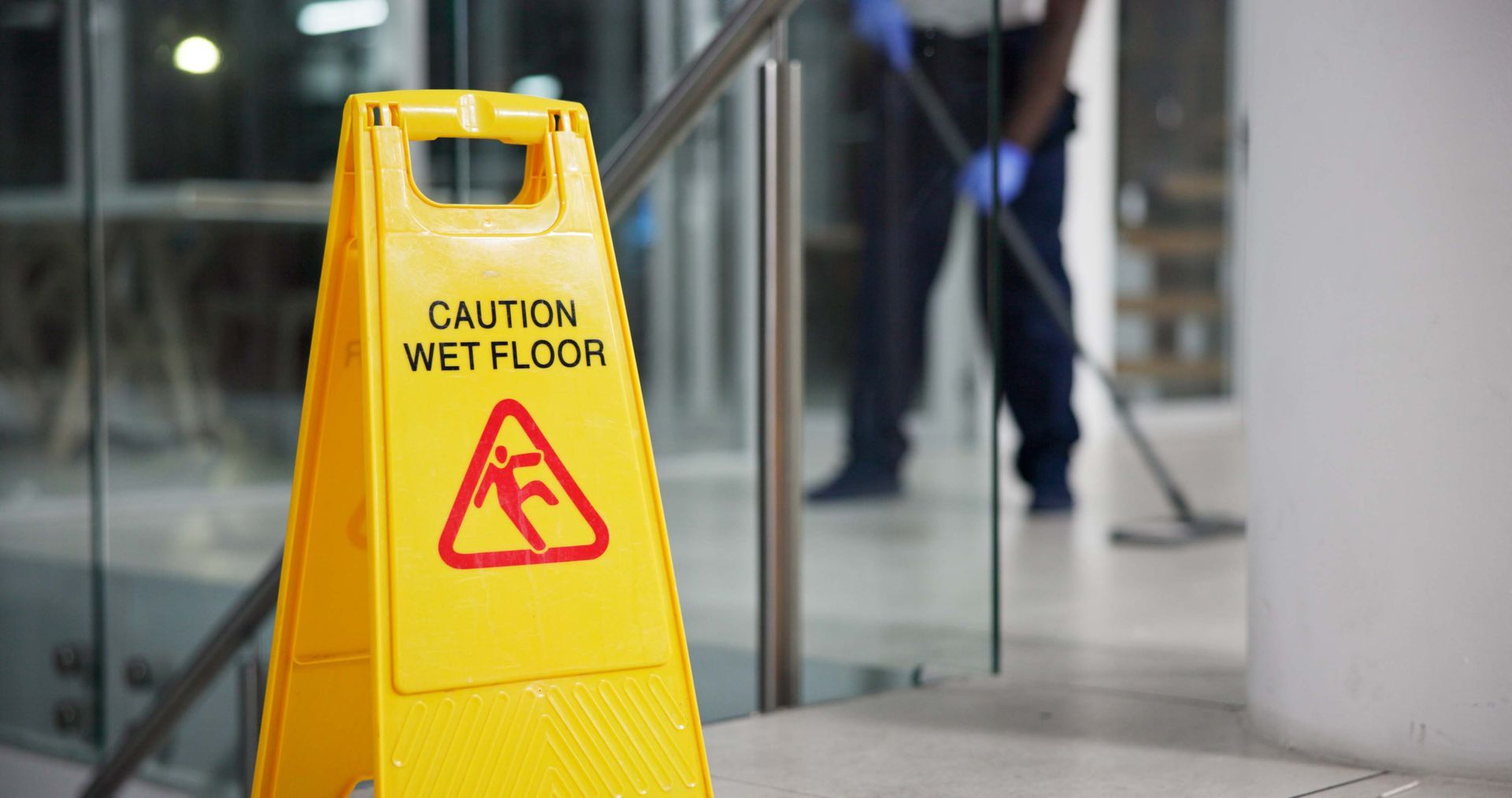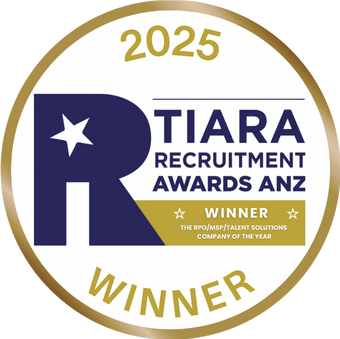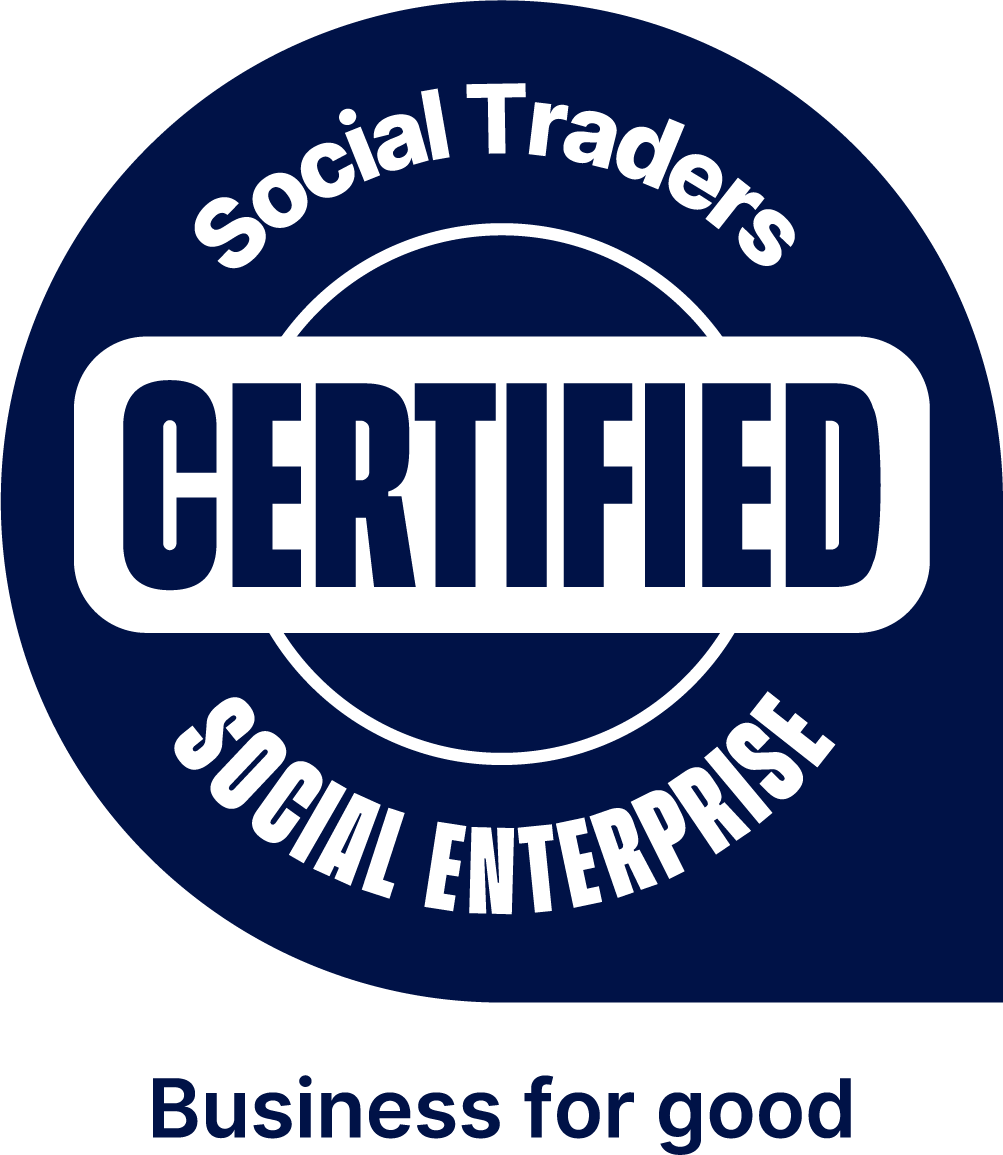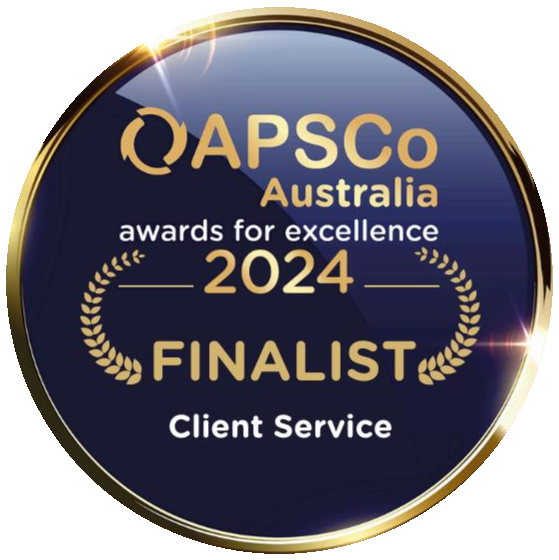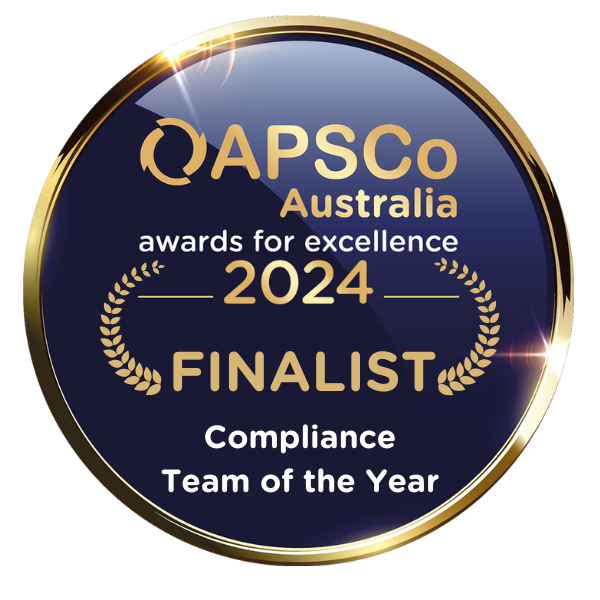Empathy is the skill to see, feel and understand a person’s emotions and experiences as if we were in their shoes, and can help us gain a deeper understanding of a person’s behaviours and feelings
Why is empathy important at work?
Empathy at work is useful for everybody, especially leaders as it can help build strong, more meaningful, and genuine relationships with colleagues as well as allowing for more patience and less miscommunication.
Emotional intelligence is often an underutilised key to leadership effectiveness. In fact, in an era where company culture is often the largest driving factor for employee satisfaction, making sure empathy is part of the workplace will allow for happier, more productive, and efficient employees. Integrating emotional intelligence into any business's core is a head start in creating a culture with higher retention rates and better employee engagement which only leads to positive business outcomes externally too.
“Empathy is like a universal solvent. Any problem immersed in empathy becomes soluble.”
– Simon Baron-Cohen, British clinical psychologist, and professor of developmental psychopathology, University of Cambridge.
How to incorporate empathy into your work world
Communicate with kindness
When talking to anyone at work, being polite and kind can go a long way. Everyone is busy and it can be easy to ‘get to the point’, however, it’s always important to remember your please and thank you’s. Being spoken to in a kind manner not only avoids being mistaken as a rude or grumpy person but it also extends respect to the other person for their time and effort.
Practice patience
Sometimes you won’t always get the response you want, or someone will be running a little late on a project and it may hold up your progress, or maybe someone forgot about a meeting and was a no-show. While all these things can be frustrating, practicing patience can be a good first step here. Instead of rushing to question the person via email with an unhelpful tone, it’s probably better to take a deep breath, think about what that person may be going through at the moment or what miscommunications could have happened. You can also understand not everyone is in the same place mentally and workwise as you are right now, and then respond or follow up in a calm and genuine manner. Sometimes you may need to be sterner than other times, especially if someone has repeatedly let you down, however, try to assess the situation before deciding how you will respond. It's probably always helpful to avoid being totally ‘reactive’ to something that has upset you. Always take a moment to digest the situation before responding
.
Watch out for signs of burnout
Work can get overwhelming and stressful. Burnout seriously affects employee satisfaction, turnover, and general wellbeing. It can help to recognise signs of burnout like:
- working long hours
- when someone has ‘no time’
- when someone is constantly ‘busy’
- when someone is constantly running past deadlines
- low energy or disconnected moods
It can help to check in with colleagues more often when you notice they may be feeling overwhelmed. If you aren’t a manager but can see a teammate is under the pump, if you have the capacity, it can be nice to extend a hand to help manage some of their workload. If this is an ongoing issue it’s important to flag the workload concern with your manager and ask for extra support.
Check-in with your teammates
Even when things seem to be running as usual, it is a nice gesture to check in with your teammates. This can be with a group chat at a regular team meeting, or it can be individually via a chat function or phone call. For many employees, the small gesture of conversation can make a big impact in feeling genuinely cared about.
Lead with transparency and authenticity
When you lead with honesty others can see it as an example that they will be accepted no matter their situation. Authenticity in others often gives other people the freedom and space to be authentic themselves.
Learn active listening
Listening properly and purely is a true skill that can help people feel heard and seen. Ideally, don’t listen only thinking of what to respond with. By really listening there is less miscommunication, more opportunity to ask clarifying questions, and positive relationship building.
Show compassion when personal issues arise
We are all human and we all can experience highs and lows in our personal life. Compassion must be shown when employees are going through something at home. This could be offering compassionate or carers leave, or simply showing extra patience. Equally, positive experiences and celebrations can be celebrated like team lunches for birthdays.
Be accepting
Every human is different so it’s wise to simply be accepting of others' differences. You may not always agree with others and sometimes personalities might clash, but this doesn’t mean there has to be drama. Learn the art of accepting. Wouldn’t you want others to accept you the way you are too?
Ask questions
Never be afraid to ask questions. This can help get to know others better, avoid misunderstandings, find clarity, and simply learn more. By asking questions you can gain deeper understanding of any situation and can avoid jumping to conclusions.
Don’t make it about you or take mistakes personally
Sometimes people are having a bad day and can take it out in their interactions with others. Or they can have a lot going on and not be totally present at work. It’s important not to take things personally. So often, others' behaviour is a reflection of their current state of mind and not reflective of you. By responding with kindness or by just being yourself in your interactions you may just snap that person out of a low mindset. But even if not, you are also creating a standard of interaction and building a genuine and positive reputation for yourself.
How do you incorporate empathy at work?

